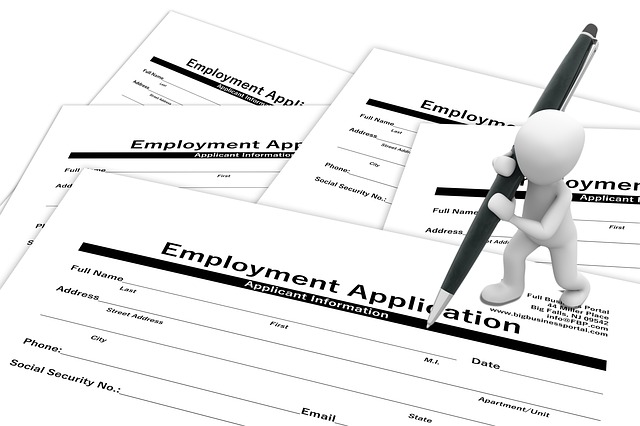As steady progress is being made through commencement season, the relief of finally having completed a degree is slowly and surely being replaced with the panic of the endless abyss that is job hunting. As numbers of students graduating continue to rise exponentially, the need to set oneself apart from the crowd is more vital now than it was a generation ago. So what can be done to give one an edge during the application process and in the interview room?
Start early.
Getting a head start on your job search and application is one of the most significant processes that you can do as a student. Students who intend on working after graduation need to prepare themselves to take on as many relevant experiences and resume builders as they can while still at university, where networking and access to career fairs and alumni are easier.
Attend resume and cover-letter workshops and tailor CVs.
Most universities and career offices offer workshops and events hosted by professionals to help update and model resumes. Taking advantage of this opportunity is crucial, as your resume is the first piece of information about you available to a company. Furthermore, tailoring your resume in addition to the cover letter to suit individual companies is considered a must by most employers. A general outlook on your achievements would not make as much of an impact as compared to a focused list of why you would be a good fit for any given job.
Make use of as many services that could help.
If you have access to a career service either as part of the university or externally, use them extensively to help with the process of job applications. Apart from being excellent resources to map out job searching and prepare mock interviews, they can also be points of first contact for employers looking to fill jobs and internships.
Digital networking is important, but keep all options open.
As part of the millennial generation, we have made the digital world our best friend and constant companion. Using online platforms such as LinkedIn offers an abundance of connections to reach out for referrals and networking. However, some old fashioned face-to-face communication with professionals can never hurt; in fact this sets you apart in a generation faced with an increasing anxiety of live conversations.
Show what you have learned.
If you are still a student or a recent graduate, chances are that most recruiters already know that you do not have much professional experience. This need not count against you though. Augment your life experiences and soft skills, as opposed to your technical skills, when interviewing. If you accept that you do not have all the required professional experience for a job, but have the ability to learn fast and adapt to your settings, it makes you a much more valuable asset to the company.
Use your downtime wisely.
If you are a student considering a job upon graduation, or if you are a recent graduate looking to take some time before beginning employment, use your time wisely to make yourself a superior employee candidate. Completing internships (paid or unpaid), volunteering for various causes, attending courses or seminars, or even completing a six-month post baccalaureate certificate gives you more credibility than having spent 4 years of your undergraduate education with no extra-curricular to show.
Andrie Steliou
Latest posts by Andrie Steliou (see all)
- 8 Ways to Help Keep Your Child Focused and Engaged in Online Learning - October 19, 2022
- How to Improve Social Intelligence Skills? - May 10, 2022
- How to Improve Organizational Skills at Workplace? - May 6, 2022

